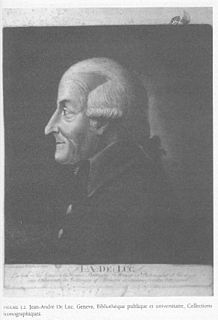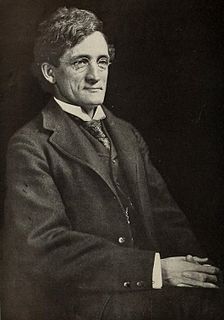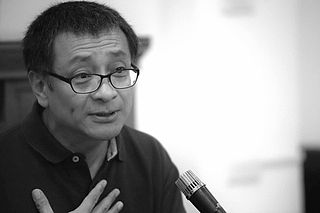A Quote by Aristotle
It is the mark of an educated mind to rest satisfied with the degree of precision which the nature of the subject admits and not to seek exactness where only an approximation is possible.
Related Quotes
Knowledge, in so far as it is directed to practical matters, has only to enumerate the principal possible attitudes of the thing towards us, as well as our best possible attitude towards it. Therein lies the ordinary function of ready-made concepts, those stations with which we mark out the path of becoming. But to seek to penetrate with them into the inmost nature of things, is to apply to the mobility of the real a method created in order to give stationary points of observation on it.
The uncertainty principle refers to the degree of indeterminateness in the possible present knowledge of the simultaneous values of various quantities with which the quantum theory deals; it does not restrict, for example, the exactness of a position measurement alone or a velocity measurement alone.
For us, mind has nature for its premise, being nature's truth and for that reason its absolute prius. In this truth nature has vanished, and mind has resulted as the idea arrived at being-for-itself, the object of which, as well as the subject, is the concept. This identity is absolute negativity, for whereas in nature the concept has its perfect external objectivity, this its alienation has been superseded, and in this alienation the concept has become identical with itself. But it is this identity therefore, only in being a return out of nature.
Mere numbers cannot bring out ... the intimate essence of the experiment. This conviction comes naturally when one watches a subject at work. ... What things can happen! What reflections, what remarks, what feelings, or, on the other hand, what blind automatism, what absence of ideas! ... The experimenter judges what may be going on in [the subject's] mind, and certainly feels difficulty in expressing all the oscillations of a thought in a simple, brutal number, which can have only a deceptive precision. How, in fact, could it sum up what would need several pages of description!
All nature has come to expect from God a sense of orderliness. Whatever God does carries with it His fingerprint. And in the world around us His fingerprint of orderliness is evident to anybody who is honest with the facts. If you look at nature, you will discover a mathematical exactness. Without this precision, the entire world would be in utter confusion. One plus one always equals two no matter what part of the universe you happen to be in. And the laws of nature operate in beautiful harmony, a harmony that is ordered by God Himself.







































